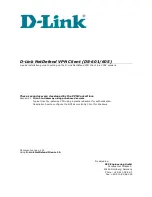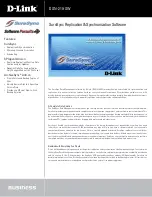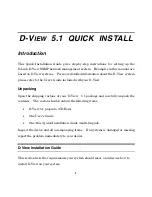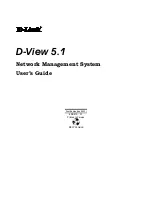
UNIX, Linux, and Mac OS X Client Agent Configuration
52 Client Agents Guide
Verify ACL Libraries
To check that you have the required ACL libraries installed, run the following
command:
>rpm -qa |grep libacl
If the libacl-devel-* or libacl-* packages are not listed, you must install them.
Install ACL Library Packages
To install ACL library packages
1.
Copy the ACL library packages from the CD image, or download them from
the internet to your Linux system:
-libacl package (such as libacl-2.2.3-1.rpm)
-libacl-devel package (such as libacl-devel-2.3.3-1.rpm)
2.
To install the packages, run the following commands:
rpm -ivh <libacl-package-name>
rpm -ivh <libacl-devel-package-name>
as in this example:
>rpm
–ivh libacl-2.3.3-1.rpm
>rpm
–ivh libacl-devel-2.3.3-1.rpm
This step installs the libacl.so library into your Linux system.
If the Linux client agent is running on a 32-bit Linux system, ACL support is now
enabled. If the Linux client agent is running on a 64-bit Linux system, you must
ensure that the libacl.so library is a 32-bit version. You can check the version and
create a link to a 32-bit library if necessary.
Verify the Linux ACL Library Version
To check the version, go to the directory where libacl.so is installed.
Verify the Linux ACL library version
1.
Run ls –l . /libacl.so to display the libacl.so linking target library file.
2.
Run file libacl.so<-linking-target-library> using the library file name.
The result will show whether libacl.so points to a 32-bit or 64-bit version.















































